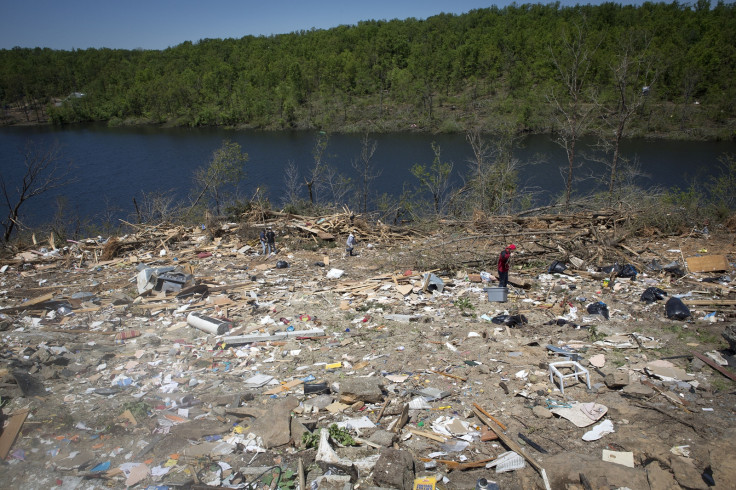IPCC: End Use of Fossil Fuels by 2100 or Climate Change will be Danger for World
80% of world's electricity must be generated by renewable means by 2050 warns report

The world must end its reliance on fossil fuels such as coal, oil and gas by 2100 or the effects of climate change will be "severe, pervasive and irreversible" according to the latest report by the UN-backed Intergovernmental Panel on Climate Change (IPCC).
The IPCC said the majority of the world's energy needs must be met by renewable sources by 2050, now just over 33 years away. Currently some 30% of energy is generated by sustainable means. By 2050 that must rise to 80%, with nuclear power making up much of the shortfall.
The stark claims are in the latest Synthesis Report, published today by the IPCC in Copenhagen, Denmark. One of the report's authors, Prof Arthur Petersen from University College London, said all the evidence gathered by the IPCC showed man's reliance on fossil fuels must end.

"It's very clear from the report that fossil fuels have had their day," said Prof Petersen. "Of course it is up to politicians to decide which risks they want to take with climate change, so it is not policy prescriptive in saying that these reductions should take place, but it is absolutely clear that the reductions should take place if you want to limit (temperature increases) to 2°C."
The Synthesis Report brings together key findings made about the causes, effects and solutions to anthropological global warming – called the greatest threat ever faced by humanity by UN chief Ban Ki-Moon – into one simple document.
The report says changes to the climate are unprecedented. The period 1983 to 2012 was the warmest 30-year period in 1,400 years, and all the available evidence suggests that unless fossil fuels are phased out, the change in climate could be as much as 5°C by 2100 – which would have devastating consequences for the world.
However, a minority of scientists and commentators do not agree that climate change will have a devastating impact.
Science writer and zoologist Matt Ridley says there is evidence to suggest that global warming has slowed or even stopped. Writing in the Wall Street Journal last month Ridley claimed that "The climate-research establishment has finally admitted openly what skeptic scientists have been saying for nearly a decade: Global warming has stopped since shortly before this century began."
Ridley's reasoning in the article was described as "absurd" by Jeffrey Sachs, a US economist and director of Columbia University's Earth Institute. Sachs suggested Ridley had misrepresented data from scientific reports on climate change. Ridley strongly denied the charges.
© Copyright IBTimes 2025. All rights reserved.






















